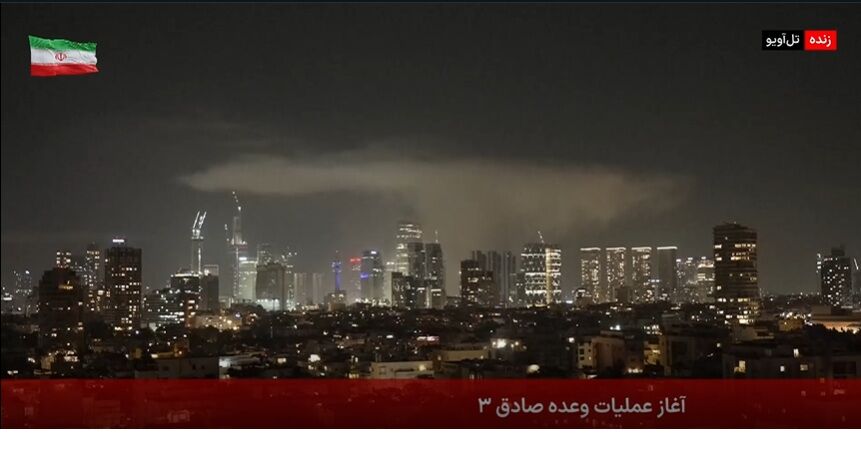
Similar Posts
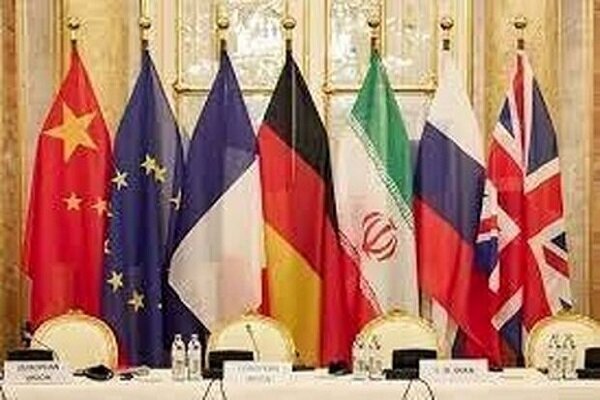
Unlocking Peace: Dialogue Emerges as Key Solution for Iranian Nuclear Crisis
The Iranian nuclear issue challenges the international community’s commitment to peace and diplomacy. A recent trilateral meeting in Beijing between China, Russia, and Iran emphasized that political engagement is the only viable solution. Key points included rejecting unilateral sanctions and prioritizing diplomacy to resolve disputes. The 2015 Joint Comprehensive Plan of Action (JCPOA) showcased successful dialogue, but U.S. withdrawal has jeopardized it. China advocates for upholding the JCPOA as a balanced approach to non-proliferation and Iran’s rights to peaceful nuclear energy. The situation demands cooperation over coercion to restore trust and achieve a sustainable resolution for global stability.
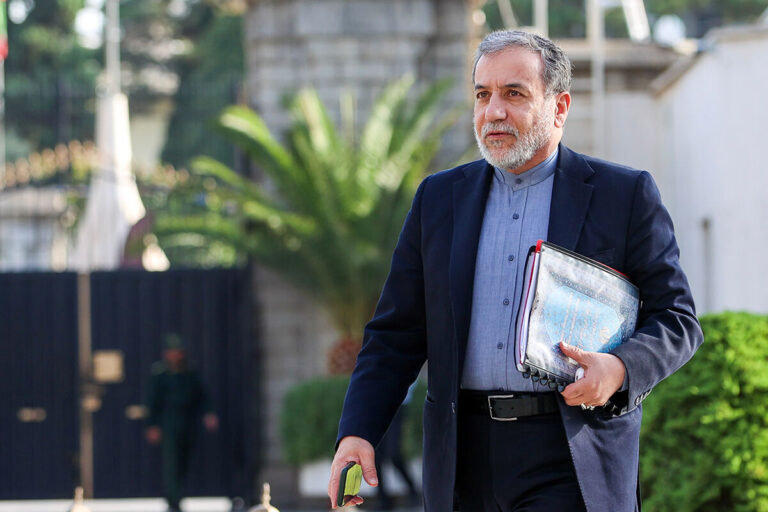
Araqchi Condemns Trump’s ‘Sheer Deception’ in Anti-Iran Rhetoric
Iran’s Foreign Minister Abbas Araqchi condemned U.S. President Donald Trump’s recent comments labeling Iran as the “most destructive force” in West Asia. Speaking at a Saudi-U.S. investment forum, Trump attributed regional instability to Iran, prompting Araqchi to call his remarks “sheer deception.” He argued that Trump’s narrative ignores the violence perpetrated by Israel, which has led to significant casualties in Gaza and other regions. Araqchi accused the U.S. of attempting to shift focus from the real threats while asserting that Iran is committed to independence and progress, contrasting it with the U.S.’s sanctions and military threats against Iran.
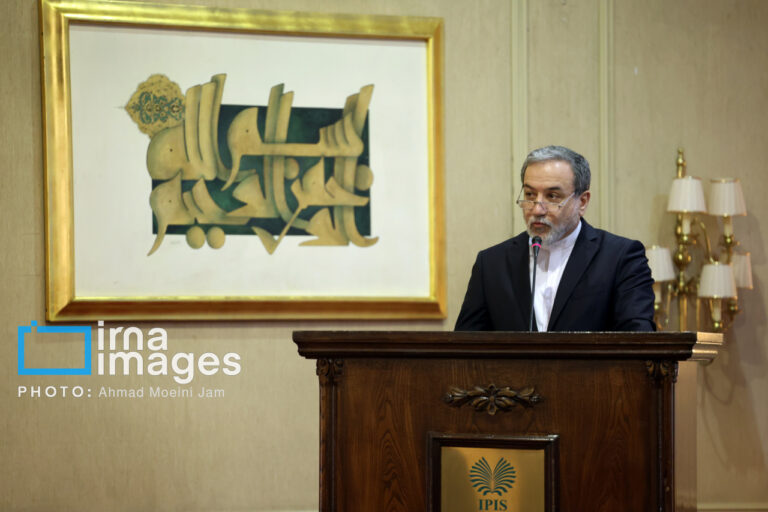
Iran Slams Politically-Motivated Efforts to Rename the Persian Gulf
Iranian Foreign Minister Abbas Araqchi has condemned attempts to change the historically established name of the Persian Gulf, viewing them as politically motivated actions reflecting hostility toward Iran. He emphasized that Iran respects the use of alternative names but insists that altering the Persian Gulf’s name is offensive to all Iranians. Araqchi noted that U.S. President Trump acknowledges the name’s historical significance, which has long been accepted internationally. Reports suggest Trump may announce a name change during his visit to Saudi Arabia, a move that could provoke strong backlash in Iran amid ongoing nuclear negotiations with the U.S.
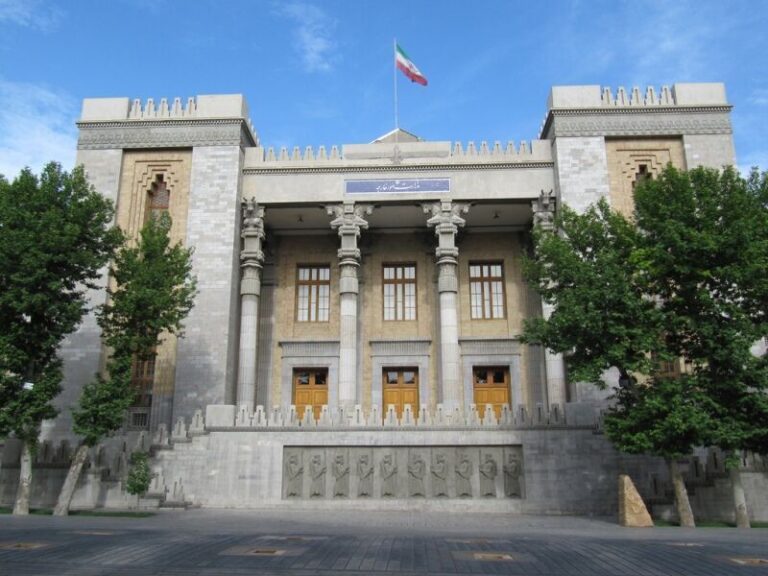
Iran Calls In Poland’s Charge d’Affaires Following Controversial Remarks by Foreign Minister
Diplomatic tensions between Iran and Poland have intensified due to controversial remarks from Polish officials, particularly the foreign minister’s anti-Iran statements. Iran’s Ministry of Foreign Affairs summoned Poland’s chargé d’affaires to protest these comments. The situation worsened with the display of an Iranian drone wreckage at the 2025 Conservative Political Action Conference (CPAC), attended by notable figures like Donald Trump. This event aimed to raise awareness about Iran-Russia cooperation. Reports indicate that the Shahed drone, downed by Ukraine, was linked to Iranian support for Russia, which Iran denies, asserting its right to sell drones legally.
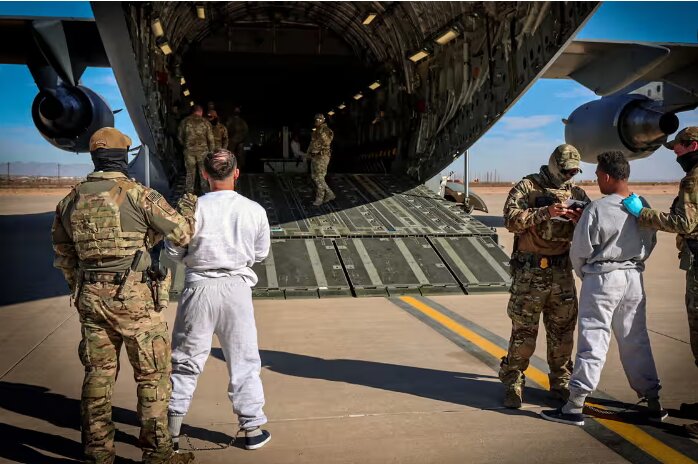
US Transfers 177 Guantánamo Deportees to Venezuela: A Major Shift in Immigration Policy
The deportation of approximately 177 Venezuelan migrants from the US naval base at Guantánamo Bay has sparked concerns over human rights and immigration policies. A lawsuit by human rights lawyers highlighted the lack of legal access for detainees. Among those deported were individuals with criminal ties, including connections to the Tren de Aragua gang, as well as individuals without criminal records. The ACLU’s lawsuit criticized the denial of legal representation. The political backdrop includes a new extradition treaty between Honduras and the US, raising questions about its implications for justice and the treatment of migrants, as exemplified by cases like Luis Alberto Castillo Rivera.
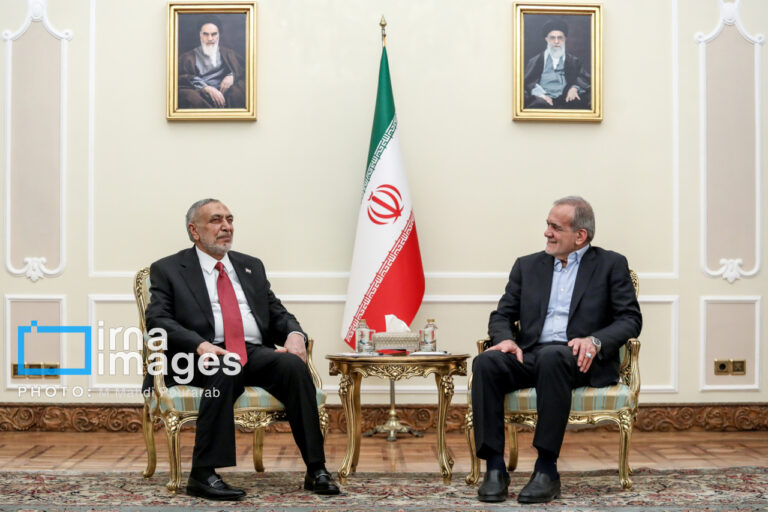
Unity Among Islamic Nations: Pezeshkian Urges Collective Action Against Adversaries’ Schemes
In a recent address, Iran’s President Masoud Pezeshkian emphasized the importance of unity among Islamic nations to counter adversaries and conspiracies. He argued that internal disputes weaken the Islamic Ummah and called for collective efforts in economic development and security. During a meeting with Iraqi Parliament Speaker Mahmoud al-Mashhadani, they discussed enhancing cooperation in trade, science, and border collaboration. Pezeshkian also addressed the situation in Syria, advocating for an inclusive government, and urged support for Palestine and Lebanon amid ongoing crises. The Iraqi speaker supported these views, highlighting a shared commitment to regional stability and the Palestinian cause.